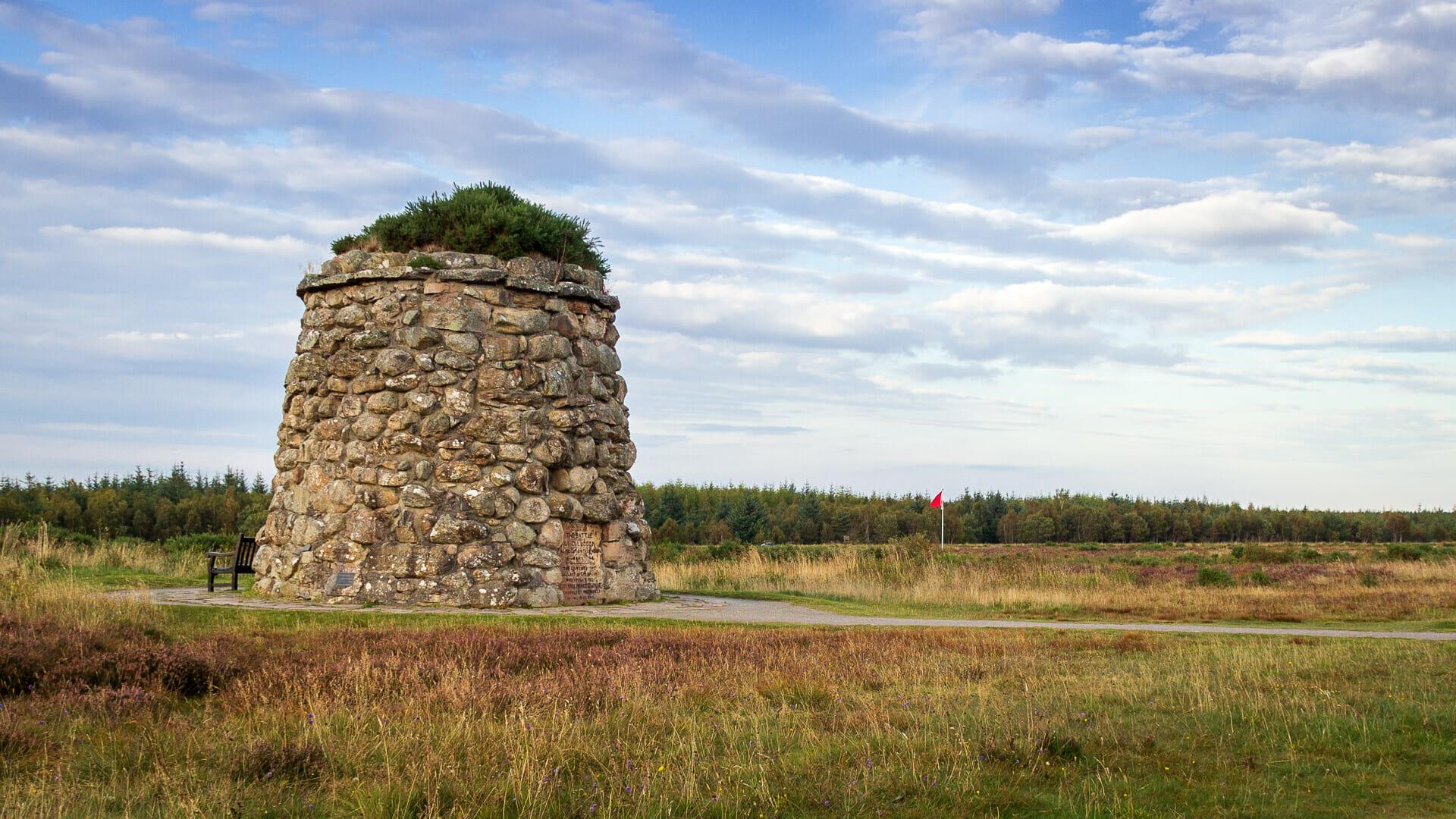Understanding the Historical Significance of Culloden

Introduction
The Battle of Culloden, fought on April 16, 1746, marks a pivotal moment in Scottish history. This battle was the final confrontation of the Jacobite uprising, where the forces loyal to Bonnie Prince Charlie faced the British government army. The importance of Culloden extends beyond just a historical event; it represents the culmination of a struggle for Scottish independence and has deep cultural implications for Scotland today.
Details of the Battle
At dawn on that fateful day, approximately 5,000 Jacobite troops assembled on Culloden Moor to face over 9,000 government troops led by the Duke of Cumberland. The battle, lasting less than an hour, resulted in a decisive victory for the British forces, with historians estimating that around 1,500 Jacobites were killed, alongside a notable number of government soldiers.
The aftermath of the battle had devastating effects on the Jacobite cause. Following Culloden, the British government enacted measures to suppress Highland culture, including bans on tartan and the Gaelic language, reshaping Scottish identity for generations.
Current Commemoration
Today, Culloden Moor is preserved as a historic site, attracting tourists from across the globe. The Culloden Visitor Centre, opened in 2007, provides an immersive experience through exhibitions, audio tours, and informative displays that recount the story of the battle and its historical context. Events commemorating the anniversary of the battle continue to draw attention to the significance of this day in Scotland’s history.
Conclusion
The Battle of Culloden serves as a reminder of Scotland’s fierce pursuit of autonomy and identity. Its impact is felt not only in historical discussions but also in the resilience of Scottish culture. As the country continues to navigate its political landscape, the legacy of Culloden remains relevant—sparking conversations about national identity, heritage, and the future in relation to its past. Understanding Culloden is crucial for those interested in the complexities of Scottish history and can provide insight into contemporary issues regarding sovereignty and cultural preservation.
